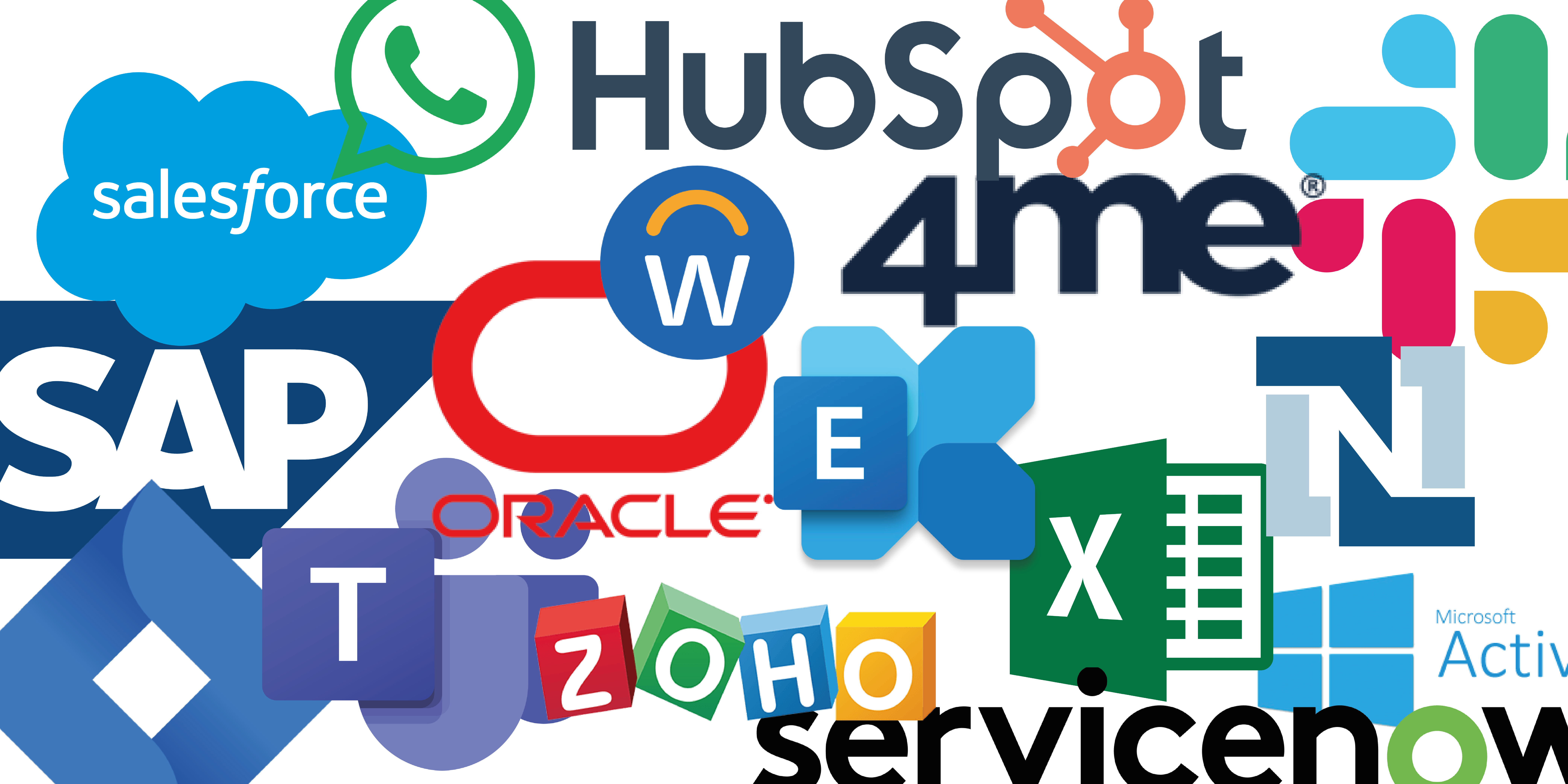In an era where digital transformation is mandatory, you may not believe that there are still so many barriers. As a company that evolves the way businesses work, we have some answers and solutions to digitalisation barriers. Read our blog to see how you can answer the most common digitalisation barriers.
Digital transformation creates a multiplier effect for all sectors. With the effect of the pandemic, it was better understood that digitalisation functions as a lever of the economy; but the question marks about digitisation still await removal. Incorrectly determined digital transformation roadmap and data security concerns raise these question marks, bringing digital transformation barriers to the front.
With the advantages it creates, digitalisation increases the productivity of industries and becomes an important part of our lives. In order to understand these advantages, it is necessary to correctly answer the question of what digital transformation is. It is correct to define digital transformation as the effective use of technology in institutions.

By this definition, investing in technology alone means following the wrong strategy because digital transformation requires employees are the ones who need to take advantage of it the most, which also are the first barrier to digital transformation. In this article, we’ll dive deeper into the definition of digital transformation and digital transformation barriers that companies face mostly.
First Things First: Find Out What Digital Transformation Will Bring
It is critical to understand what digital transformation is and manage it correctly. Managers need to be able to manage the processes and their team and to embrace the project as a leader who supports innovative thinking, not the boss. Investing in the brand instead of technology without creating the right digital transformation strategies by ignoring the corporate culture creates a barrier to digital transformation.
The Biggest Barriers to Digital Transformation
Basically, digital transformation addresses an extensive scope, so there may be many digitalisation barriers for the brand or business to realise this transformation. Here are the biggest barriers to digital transformation that enterprises face.
1- Too Many Tools, Too Little Time
Digital transformation requires the prioritisation and management of projects in the best way. At this point, it becomes clear how vital human resources are. Employees must develop different competencies and have advanced cognitive, social, and technological competencies. There are many tools used in workflow management, but unfortunately, a sufficient workforce cannot be provided to use these tools.

While using all the tools together makes the business process go smoothly and more efficiently, creating human resources for all of their results in extreme financial damage. For this reason, end-to-end automation systems can enable many vehicles to be operated from a single point and solve problems.
For example, thanks to hyperautomation and integration tools such as Autom Mate, it is actually possible to use many tools in an integrated way.
2- Security Concerns
With the increase in internet usage, the concept of big data has gained more importance. The data it has for businesses is the heart of the institution. This situation both makes storage an important need and brings with it some risks.
The protection of data, which is described as the oil of the age, is important not only for backup and restoration but also for increasing the capacity of the enterprise. Most organisations continue to rely on legacy systems. This poses greater risks. Possible problems related to the security of data can be prevented by small operations such as using strong passwords and performing security checks on the server side.
3- Fear of Change
Fear of change is a condition that can be seen in all areas of the world. However, this may cause your business to disappear when you count in your place.
Today, many companies that make great inventions in technology infrastructure have disappeared or are about to disappear because they cannot keep up with the change, for example, Nokia. Therefore, do not hesitate to go digital and keep up with the times.
4- Cost Concern
Cost concerns are also an obstacle to digital transformation. However, digital transformation provides many advantages in the long run. Digitisation not only increases competitiveness but also provides significant cost savings. Digitalisation in business processes creates opportunities for customer-oriented work with the advantage of time. In this way, increasing customer satisfaction allows for an increase in the market share.
5- Conventional Workforce
People who are accustomed to traditional working life are also among the digital transformation barriers. When you plan and implement your new recruits according to digital transformation, you can be sure that you will achieve much more effective results.
6- Lack of Communication
The survival of an enterprise is directly related to the continuity of the workflow within the discipline. The indispensable tool for this is undoubtedly communication. Ensuring the best communication between the teams will bring the work to be done in a timely and orderly manner. Uninterrupted and healthy communication can only be achieved with digitalisation.
Go All-Digital with Hyperautomation
Promising digital transformation with RPA solutions for businesses and brands, Autom Mate can help you move your business to the future thanks to its hyperautomation systems.
Autom Mate Hyper Automation systems, which have a user-friendly interface, enable you to perform many key operations such as all process control, workflow, planning, data-file forwarding and sending mail without any problems. With Autom Mate, you can easily remove major barriers to digital transformation and run your business more efficiently.
Today, where adaptation to the digital world is critical for the dynamism of the economy, start taking the first steps towards adapting to the new world and growing.



